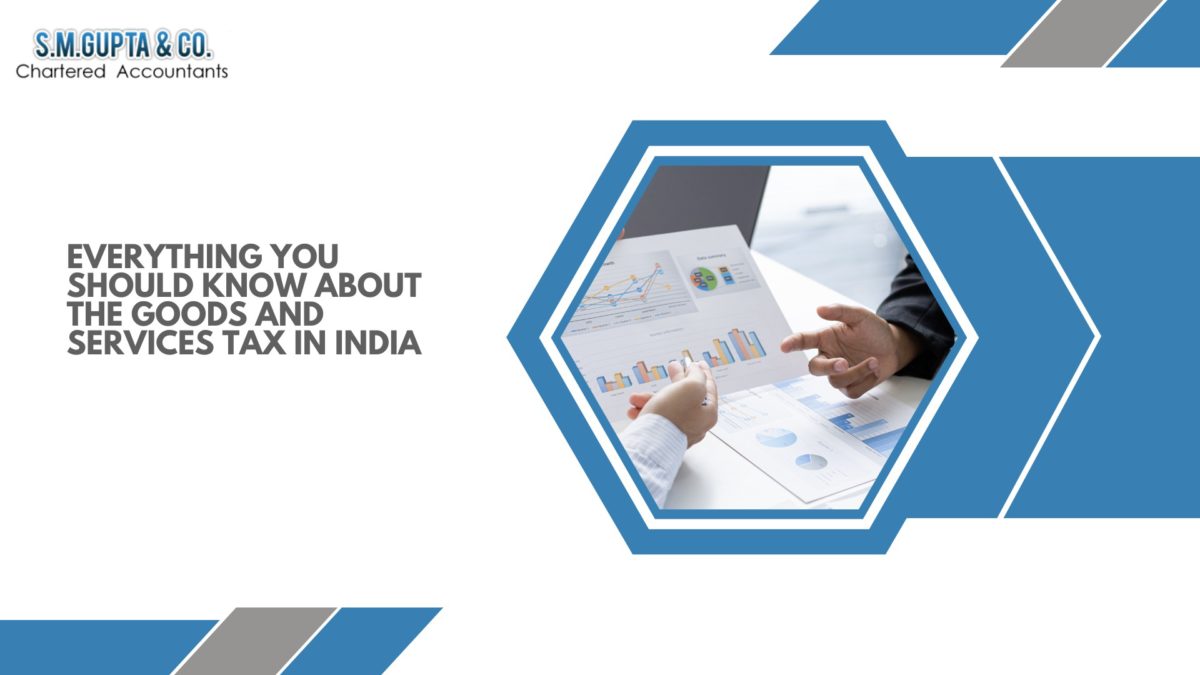One of the largest changes in indirect taxation is the Goods and Services Tax (GST) in India. It revolves around the idea of destination-based consumer taxation and became applicable across all of India on July 1, 2017.
GST History in India
In order to establish a uniform tax system throughout the nation, the Indian government established the Goods and Services Tax Council or the GST Council. The Union Finance Minister, the Minister of State for Revenue and the State Finance Ministers make up the GST Council. This council makes decisions regarding the GST rate, exemptions, thresholds, subsuming taxes and other issues.
In India, the following taxes are merged under the GST:
- Combined Excise Tax
- Excise duties (Medicinal and Toilet Preparations)
- Additional Customs obligations (CVD)
- Customs’ Special Additional Duty (SAD)
- State Real Property gains Tax and Service Tax (VAT)
- Tax on Central Sales (CST)
- Taxes on entry, purchases and luxury
- Lottery, betting and gambling-related taxes
The Organisation of the Indian GST
It is crucial to remember that the GST must benefit both the state and the centre in the Indian context. With this objective in mind, the GSTC developed a dual GST method that gave the centre and the states the authority to charge the tax simultaneously.
As a result, the following elements make up the current GST structure:
-
Central GST (CGST)
The Central Indian government imposes CGST on the shipment of goods and services inside individual states. The price paid or payable for the specified supply of goods or services is referred to as the transaction value.
-
State GST (SGST)
The term “SGST” refers to the GST that certain State governments apply on trade, services, and commerce conducted entirely within the State (State-GST). As the transaction took place within the state, the State government here is compensated through SGST.
-
GST for Union Territory (UGST)
Instead of the State government, the Central government collects the GST in Union territories like Chandigarh, and this tax is known as UGST.
-
Integrated GST (IGST)
The central government would charge IGST on all interstate sales of goods and services. On all interstate exchanges of taxable goods and services, the centre would impose IGST (CGST plus SGST).
SM Gupta & Co. provides GST Consultants in Kolkata. Here, you can get highly skilled GST Consultants who will help you to understand things better. To know more about us, get in touch.






